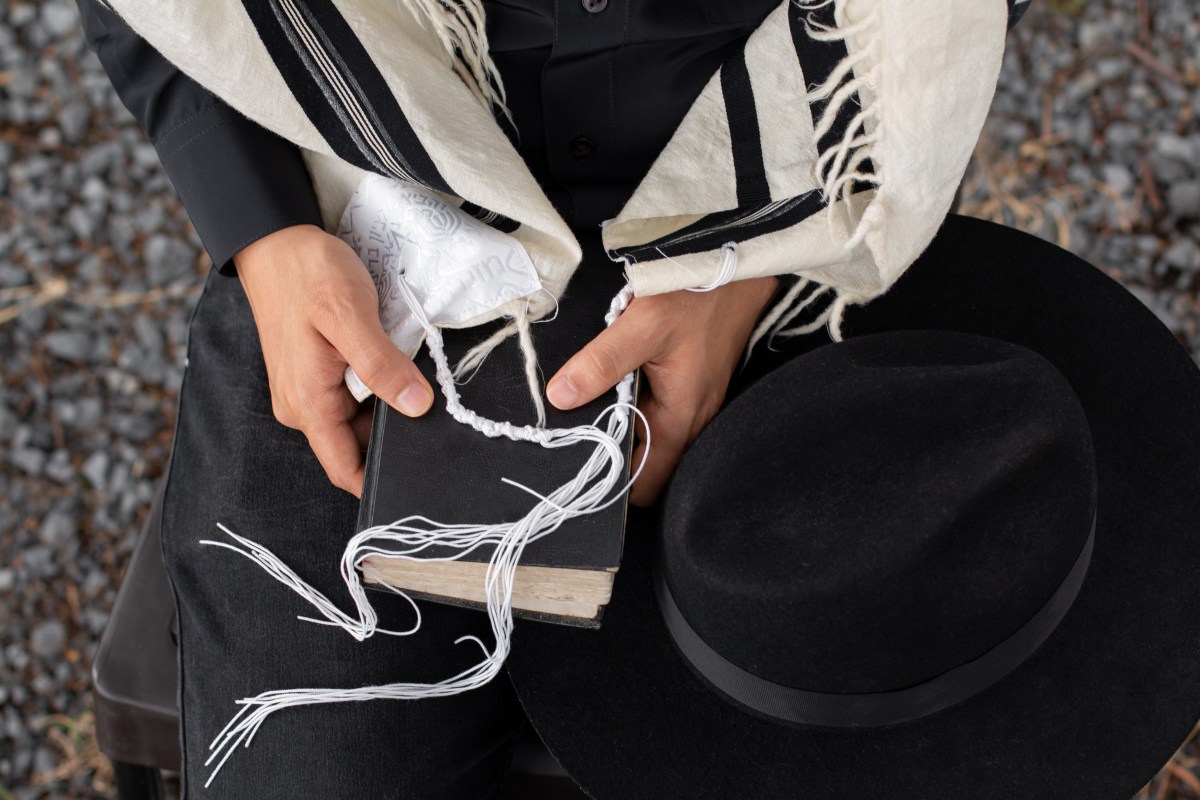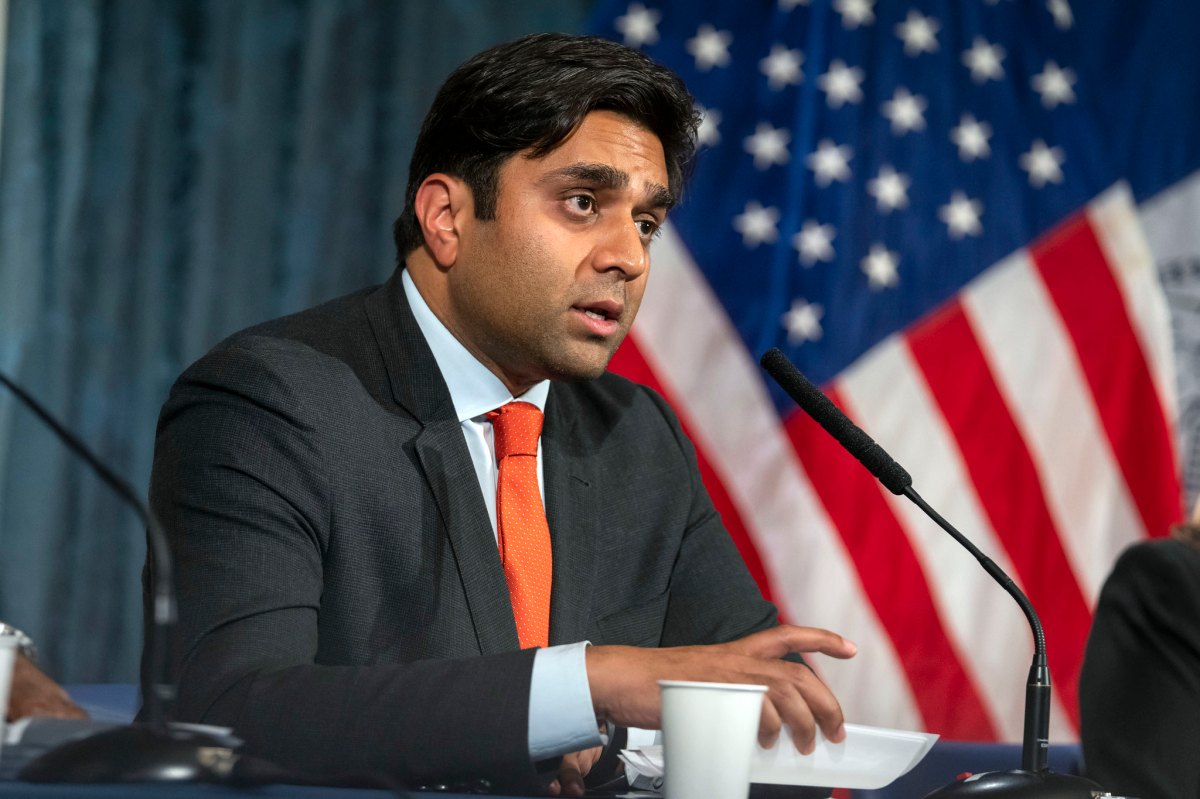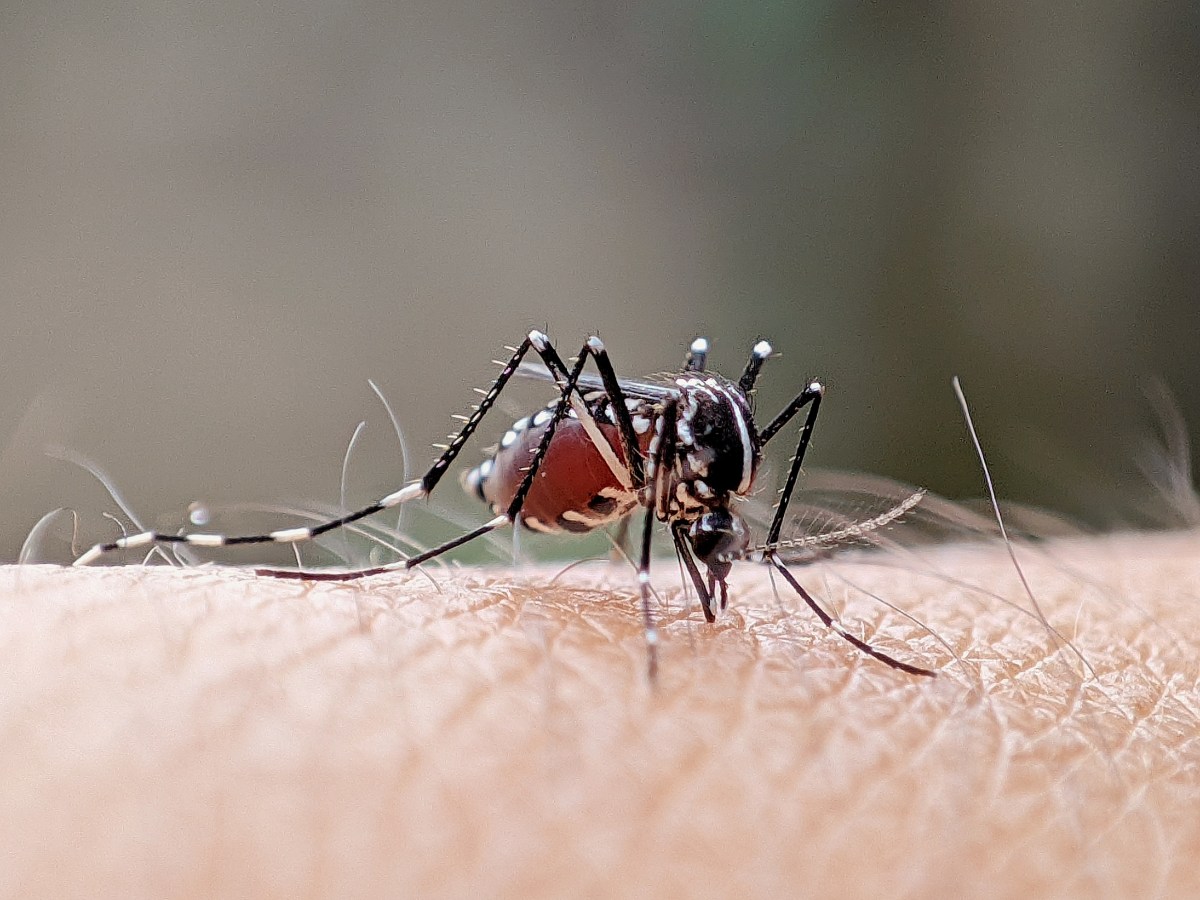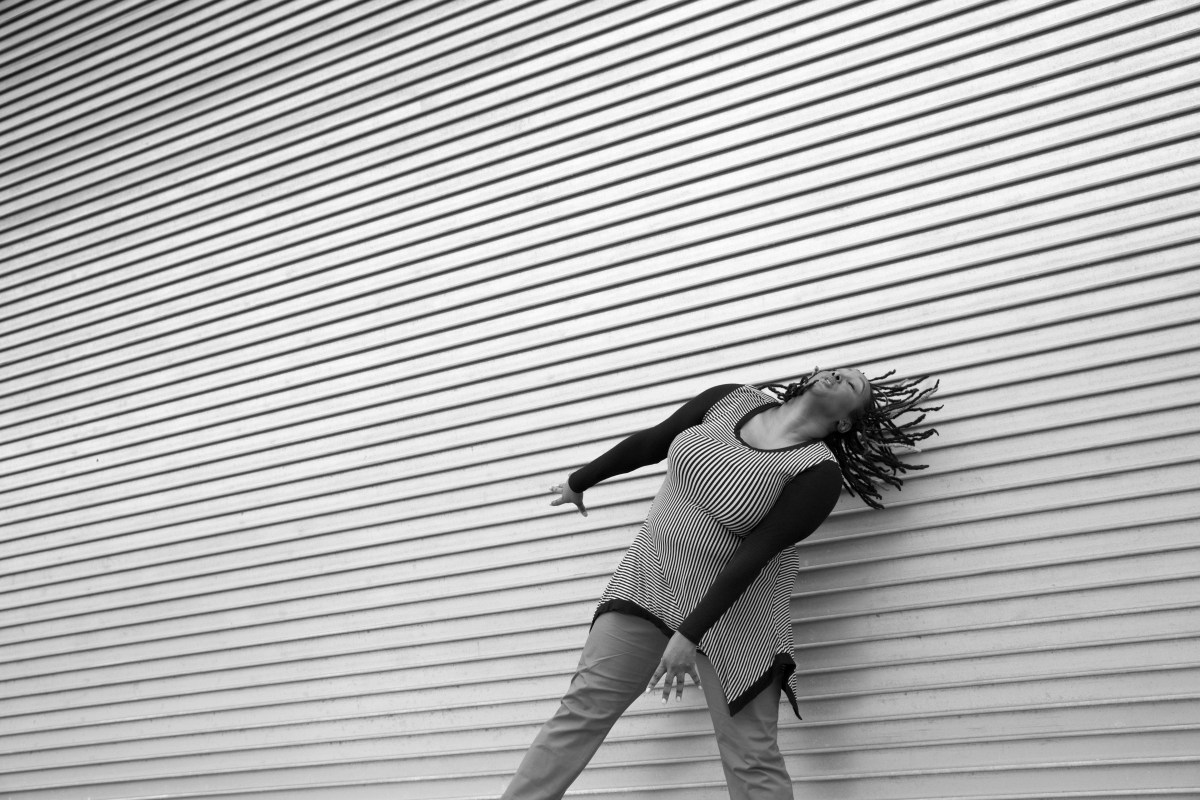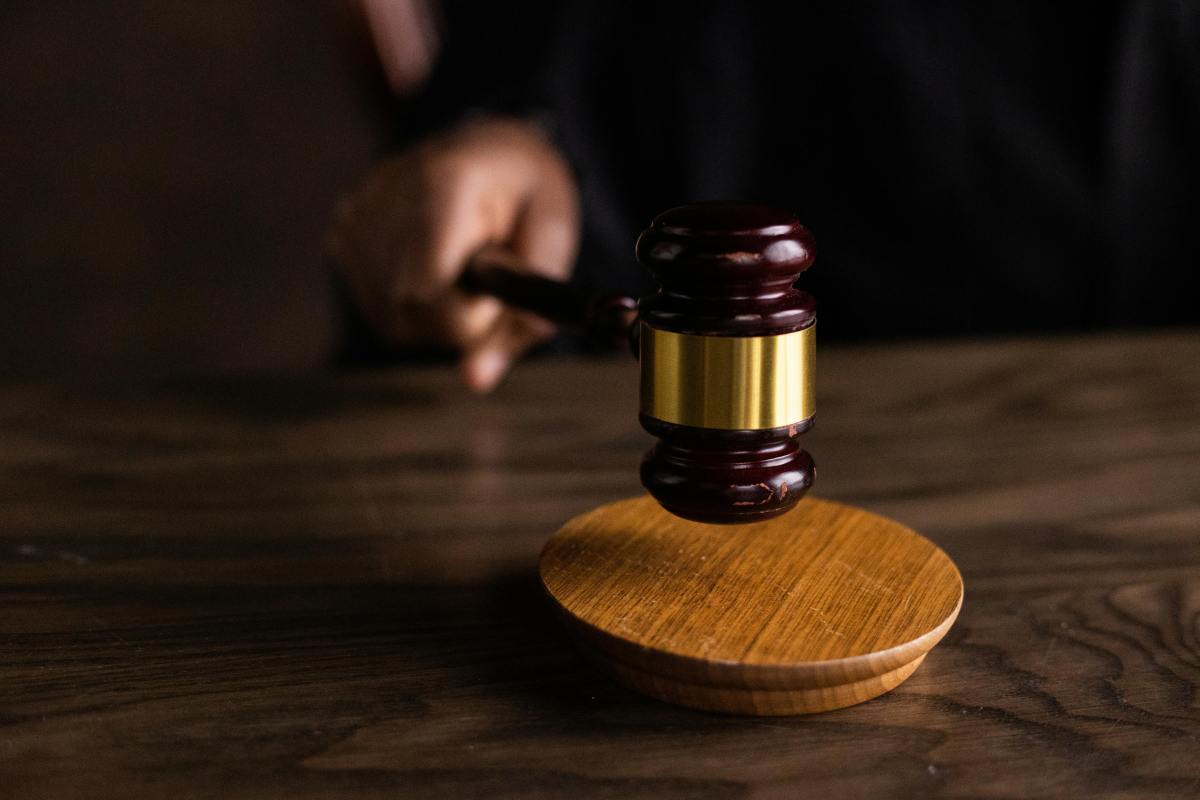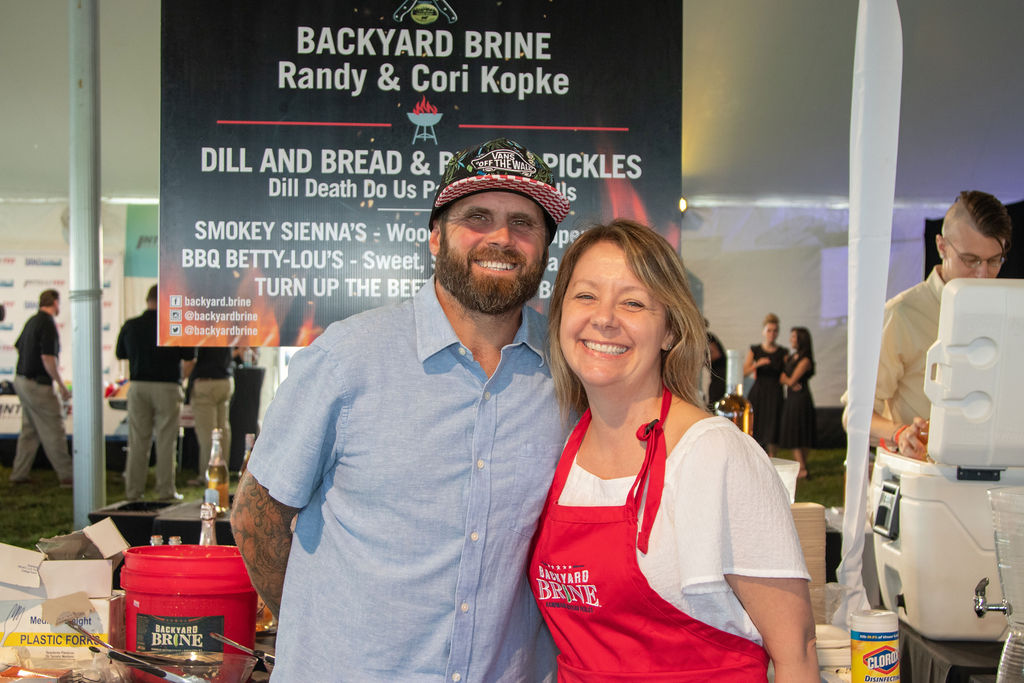Nearly 4,000 delegates from around the world gathered for the Anti-Defamation League’s (ADL) “Never is Now” summit at the Javits Center in Manhattan on March 6 and 7 to discuss and examine strategies to end antisemitism, history’s oldest hatred.
The two-day event featured 25 panels with over 100 guest speakers, including Devorah Halberstam, chair of the NYPD Hate Crimes Review Panel, Rabbi Moshe Hauer, executive vice president of the Orthodox Union, and Rivkie Feiner, community activist and CEO of Feiner Grant Strategies.
The trio headed the panel “The Unique Threats of Antisemitism on the Orthodox Community,” which was moderated by Sara Scheinbach, ADL’s director of Jewish Partnerships.
Halberstam, whose 16-year-old son Ari was murdered on March 1, 1994, when Lebanese-born terrorist Rashid Baz opened fire on a van with 15 Chabad-Lubavitch Orthodox Jewish students while driving across the Brooklyn Bridge, said antisemitism has shown no signs of abating even 30 years later.
“Unfortunately, I think it’s actually gotten worse,” Halberstam said, emphasizing that silence wasn’t an option.
“We live in a country where we can speak out loud,” she said. “We need to shout and raise our voices and hold our elected officials who are our legislators accountable.”
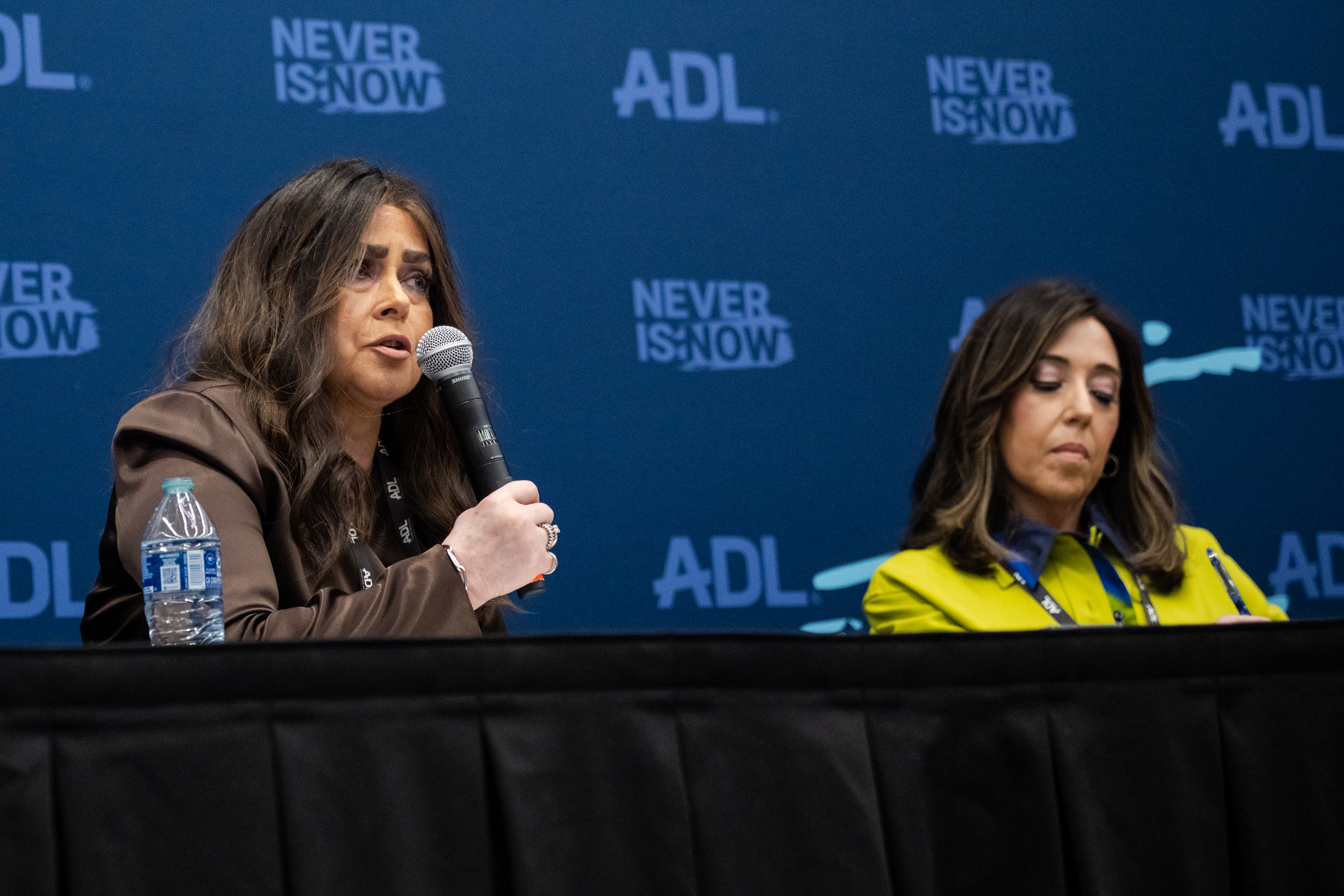
Visibility makes Orthodox Jews a target
Rabbi Hauer said that while antisemitism affects all Jews, Orthodox Jews– whether they be modern Orthodox, ultra-orthodox or Hasidic–face an “elevated proportion” of antisemitism since their religious attire makes them stand out.
“There’s a look certainly on the men’s side; there’s a look that’s specific,” Hauer said. “And that, of course, feeds this discussion of antisemitism because, again, you can run, but you can’t hide. You can try to cover up, but for Orthodox Jews, they’re visible billboards.”
Hauer detailed that Orthodox Jews follow the Halakha, where they pray three times a day and observe the laws of Shabbat, which forbids the use of cars on Saturdays, among other laws.
“If we want to keep Shabbat and go to the synagogue, we have to live in walking distance of the synagogue, which means that you have to live in a Jewish neighborhood,” Hauer said.
Feiner, who recently mobilized 1,000 people to turn out for a pro-Israel rally in Rockland County, explained that it was easier for Orthodox women to blend in than for Orthodox men.
“People might not know that we are Orthodox when we show up to a meeting because we are dressed very business-like. Modestly, but business-like,” Feiner said. “But the men, my husband, my sons with a yarmulke and tzitzit hanging out, I see the difference when we travel together. If I travel alone, I’m treated differently, but when they’re with us, we have more pat-downs, we have more attention paid to us.”
Feiner shared comments made by Rockland County politicians. One, she said, described non-Orthodox Jews as “normal” Jews, while the other said Orthodox women were in abusive marriages and that there was “no other use for them than to have babies.”
“Instances like that are what made me use my voice and come out and right up against it and say, ‘You know that’s not true,'” Feiner said. “People think we’re less than we are not. But we are treated differently. And people misunderstand us. And certainly, the visible really is a challenge just because how they look. And we see it every day.”
Halberstam pointed out that they are not an insular community, just that they have religious traditions to observe.
“You want to be near a synagogue; your kids are going to certain schools, so you’ll all go together. That’s really the reason for it,” Halberstam said. Other communities, she noted, such as religious Muslims, also live “within themselves, not because they are necessarily insular.”
Halberstam, who lives in Crown Heights—which has a large African American, Hasidic, and Orthodox-Jewish community—said the neighborhood is becoming more diverse and gentrified. She felt that the word “insular” was outdated.
“Everybody’s living with everybody in this day and age,” Halberstam said. “So, I think that word kind of doesn’t fit.”
Hauer added that while there was a strong sense of community and identity among Orthodox Jews, it “was not a community that reserves its concern only for itself.”
Speaking up against antisemitism
Halberstam shared that her son Shea, who was four when his brother Ari was murdered, proudly wore his yarmulke because his brother did.
“For us to run away from who we are is not the way we’re going to get rid of antisemitism,” Halberstam said. “They’re going to find us. They always seem to find us.”
Scott Richman, ADL’s director for New York and New Jersey, told amNewYork that the Orthodox Jewish community was the victim of a disproportionate number of antisemitic incidents because they’re visibly Jewish.
“They’re wearing something that lets people know that they’re Jewish,” Richman said. “Many other people can just sort of be anonymous in this city. Unfortunately, it makes [Orthodox Jews] the victim of many antisemitic incidents.”
Since the beginning of the Israel-Hamas war on Oct. 7, 2023, the ADL has received 2,000 reports of antisemitic incidents in New York and New Jersey alone. While some of the reports could not be substantiated, Richman said that the 2023 numbers, which will come out in a few weeks, were going to show a significant uptick.
“If it’s in line with what we’ve been seeing, it’s going to be somewhere around double what we had the year before. And the year before was the highest year on record we’ve ever encountered. So it’s a tough moment,” Richman said.
Scheinbach said that the number of antisemitic incidents might be underreported for various reasons.
“It’s because an incident may happen to them or they may witness it, but they may not necessarily think that it rises to a level to report,” Scheinbach said. “Or maybe they think, ‘Oh, I’ll report this later,’ and then they forget.”
Scheinbach has had her share of antisemitic comments, like “Don’t Jew me down,” when it comes to money-related issues.
“Not too long ago, I was at the dentist, and my dental hygienist made a comment calling someone a cheap Jew because the person didn’t get her a wedding present that she wanted,” Scheinbach said.
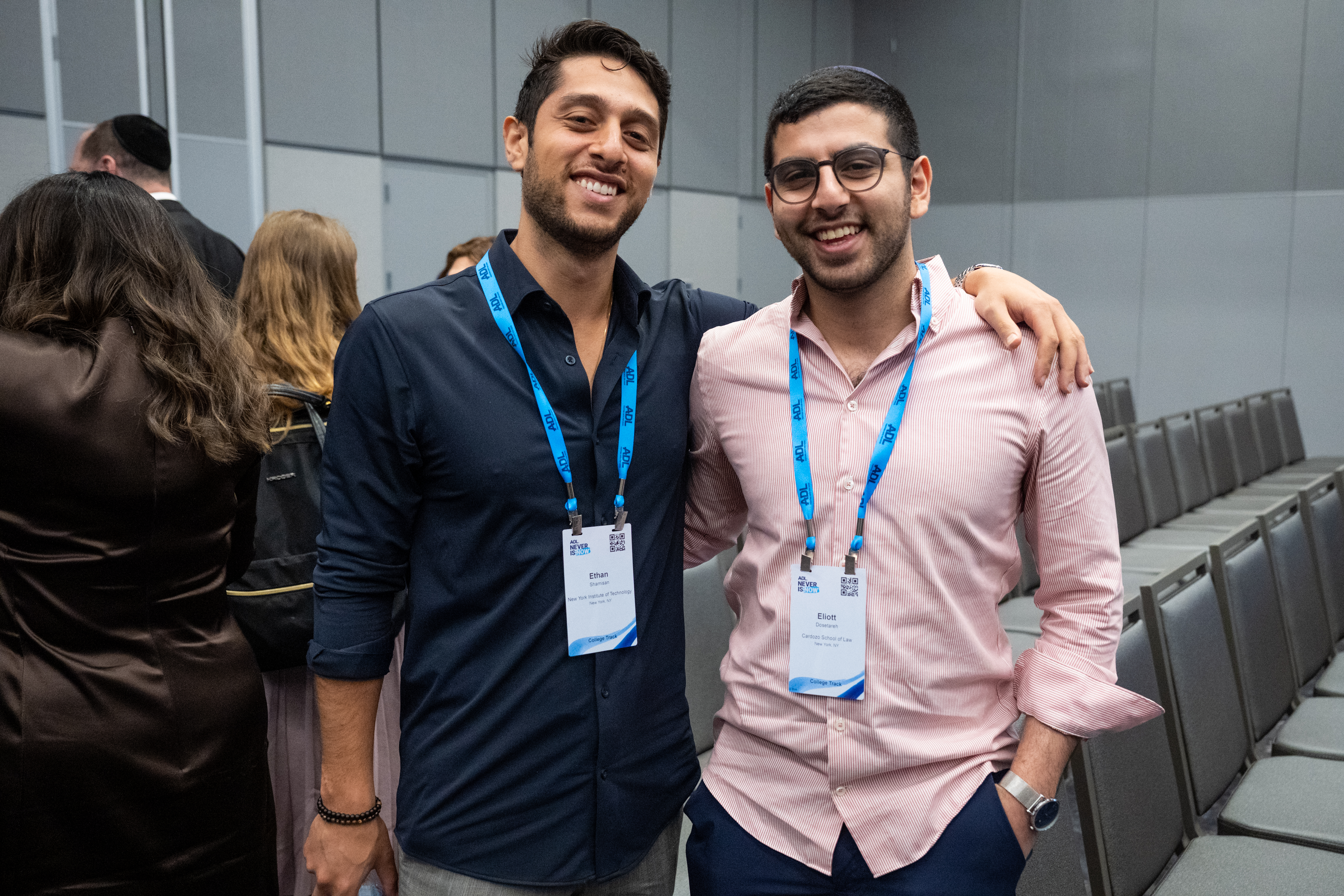
Upper West Siders Eliott Dosetareh and Eytan Shamsian thought the panel was informative.
“I enjoyed their perspectives on how important it is to have Jewish pride and to respond to antisemitism,” Dosetareh said.
Dosetareh, a Cardozo Law School student, shared that Jewish students had experienced animosity towards them after Hamas attacked Israel on Oct. 7.
“I wear my kippah publicly. But it really resonated when [the panel] said that the response should not be to cower in the face of antisemitism, but that you should wear a kippah to show your pride,” Dosetareh said.
Shamsian, meanwhile, said that, while living in the United States, it was important to realize that the Orthodox Jewish community had a voice.
“Our ancestors didn’t have that opportunity to speak up,” the medical student said. “So I think knowing that we’re in that position gives me a lot of hope. We’re in a country where we can speak freely about what we’re passionate about or what we hold dear to ourselves, which is very important.”
Ari Ackerman, an attendee at the summit, said he strongly supported the Jewish community. He described the rise in antisemitism as “horrific.”
“[Antisemitism] has to be fought in every way possible, whether it’s on the streets or at conferences or at universities,” Ackerman said. “Whatever it takes right now to support the Jewish community I’m in.”



